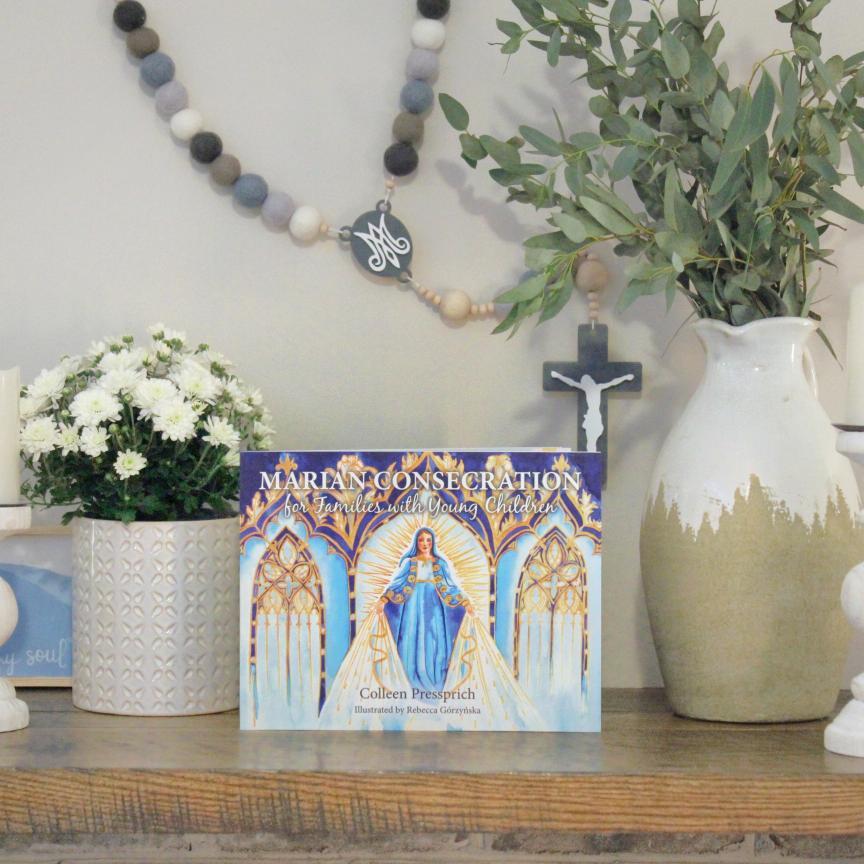My kids are getting older which means that they’re becoming more and more about the world around them. This is a good thing. It is normal and appropriate. I have no desire to keep my children sheltered from everything in society. But I do want them to be rooted in what the Church teaches. Understanding Catholic Social Teaching is crucial for them to be able to understand right from wrong.

One of my favorite things about Catholic Social Docrtine is that it is nuanced. It allows for, and often encourages, Catholics to use critical thinking skills to tease out the nuances of a situation and apply Doctrine appropriately. There are many areas of discourse, particularly public discourse where that nuance, that critical analysis, is missing. Black-and-white thinking is harming our ability to see and understand each other as people.
Here are 3 Tips for Introducing Catholic Social Doctrine to your Kids
First, before we start, the kids I’m teaching are 12 years old down to 8 years old. They’re all pretty smart, and all have a solid background in Scripture and other areas of Doctrine.
It’s possible to teach kids that are younger, and I do this through picture books and Scripture. Books like Last Stop on Market Street or A Small Miracle are wonderful vehicles for this discussion and so is the Parable of the Good Samaritan.
You’ll also be able to scale these tips upward if your kids are older so that you can go deeper into the texts.
Use Primary Texts as Much as Possible
I’m using primary documents as much as possible. This means that I’m reading to them from parts of the text as much as possible (not all of it because the language is not accessible in some of the encyclicals). I have this book and this book because I like having hard copies to work with. Both are extraordinary. The USCCB also has this page on their site which contains many documents and explanations. It’s invaluable.
I make sure that I’ve read (or re-read) what we’re going to cover together in the days leading up to a lesson so that it’s fresh in my mind.
Ask Questions (and really listen for the answers)
After we read a section, I give an explanation and help them unpack the meaning. Then I ask questions like:
- Why do you think the Pope wrote this? Who was he hoping would read it?
- Are there any parts you don’t understand?
- Can you think of any situations where this text would be applicable today?
- What does this tell you about what the Chuch values?
- Does this surprise you?
- What do you think about what we just read?
More often than not these are more than enough to get the ball rolling with conversation. I have always found it helpful to listen without judgment and to be honest if there are any questions I can’t answer. We do a lot of researching things together and a lot of debating back and forth. It gives the kids the opportunity to explore what they believe and why. This approach makes it much more likely that they’ll take ownership of the teaching and internalize it.
Help them make the connections
This tip goes hand in hand with the previous one. My job as mom and aunt and catechist is to help my kids understand the meaning of the doctrine in their own lives and the lives of others. When it comes to Social Doctrine, there are easily thousands of applications. We live in Detroit, so poverty, homelessness, racism (and systemic racism) are all realities my kids have been exposed to. I can use those experiences to help them understand how what we believe informs how we behave in response to those things.
Last Pieces of Advice
My last piece of advice on teaching Catholic Social Doctrine to kids is to remember that it can and should be an ongoing conversation. Don’t let this be something that they only hear during a religion lesson. Make it a part of how your family lives in daily life.
Looking for more help growing your family's faith?
My weekly newsletter is just what you need!
Grow your family's devotion to Mary with a consecration
